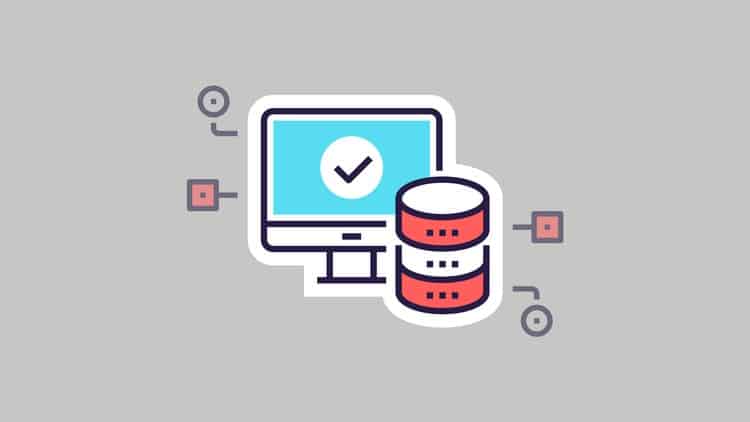Oracle SQL – Step By Step SQL
Oracle SQL – Step By Step SQL
Discover essential SQL skills necessary to transform you into SQL developer which can earn you $70k+ in the IT Industry
What Will I Learn?
- Understand Database terminology
- Retrieving Data from Database using SQL Commands (Select)
- Filtering Data based on business requirements using SQL Command (Where)
- Creating Tables and modifying its structure using SQL commands (Create, Alter)
- Joining Data from various Tables using SQL Joins
- Grouping Data and calculating summaries using SQL GROUP BY and SQL Aggregate functions
- Combining data from 2 or more tables using SQL keywords (UNION, UNION ALL, INTERSECT, MINUS)
- Enforcing Constraints on Tables using SQL commands (Create. Alter)
- Creating views using SQL command (Create View)
- Creating other database objects (SYNONYMS, SEQUENCES) using the SQL commands
- Controlling the access to the users using SQL commands (GRANT, REVOKE)
- Improving performance using SQL command (create Index )
- Project Work at the summarize the SQL concepts we learnt.
- and many more interesting things..
Requirements
- Any Student with computer operation knowledge is good enough to understand this course
Description
Update 10/06/2016: Added new exercises
Update 01/04/2016: Closed Captions/Sub Titles are added to the Lectures.
Learn to become a fee-earning SQL developer in just seven weeks.
This fast, easy and effective course will take you from zero sql writing skills to being able to make money as a SQL developer.
This one-stop-shot-style SQL course will teach you everything you need to know about SQL, from learning various database concepts to writing SQL to interact with the database.
Throughout this SQL course I will be using the below methodology to make you think and help in forming the SQL statement.
Business Need:
Manager asks you to give you a report containing total sales volume for January month by day and city
Questions in your mind to build your SQL query
- Give? SELECT
- What columns? DAY, CITY
- Summary? SUM(VOLUME)
- Preposition? FROM
- Which table contains sales orders data? SALES
- Filter? WHERE SALES_DATE BETWEEN ’01-JAN-2015’ and ’31-JAN-2015’
- Grouping? GROUP BY DAY, CITY
Combine the above answers to form the below SQL
SELECT day, city, SUM(volume)
FROM sales
WHERE sales_date BETWEEN ’01-JAN-2015’ AND ’31-JAN-2015’
GROUP BY day, city;
FROM sales
WHERE sales_date BETWEEN ’01-JAN-2015’ AND ’31-JAN-2015’
GROUP BY day, city;
In this course participants will learn
- Relational databases Concepts
- Retrieving Data from Database using SQL Commands (Select)
- Filtering Data based on business requirements using SQL Command (Where)
- Creating Tables and modifying its structure using SQL commands (Create, Alter)
- Joining Data from various Tables using SQL Joins
- Grouping Data and calculating summaries using SQL GROUP BY and SQL Aggregate functions
- Combining data from 2 or more tables using SQL keywords (UNION, UNION ALL, INTERSECT, MINUS)
- Enforcing Constraints on Tables using SQL commands (Create. Alter)
- Creating views using SQL command (Create View)
- Creating other database objects (SYNONYMS, SEQUENCES) using the SQL commands
- Controlling the access to the users using SQL commands (GRANT, REVOKE)
- Improving performance using SQL command (create Index )
- Project Work at the summarize the SQL concepts we learnt.
- and many more interesting things..
Softwares used
- Oracle Database 11g
- SQL Developer
Who this course is for:
- This SQL course is meant for newbies who are not familiar with SQL syntax and/or students looking for a quick refresher on SQL and some important Database concepts. No programming knowledge is needed.



Post a Comment